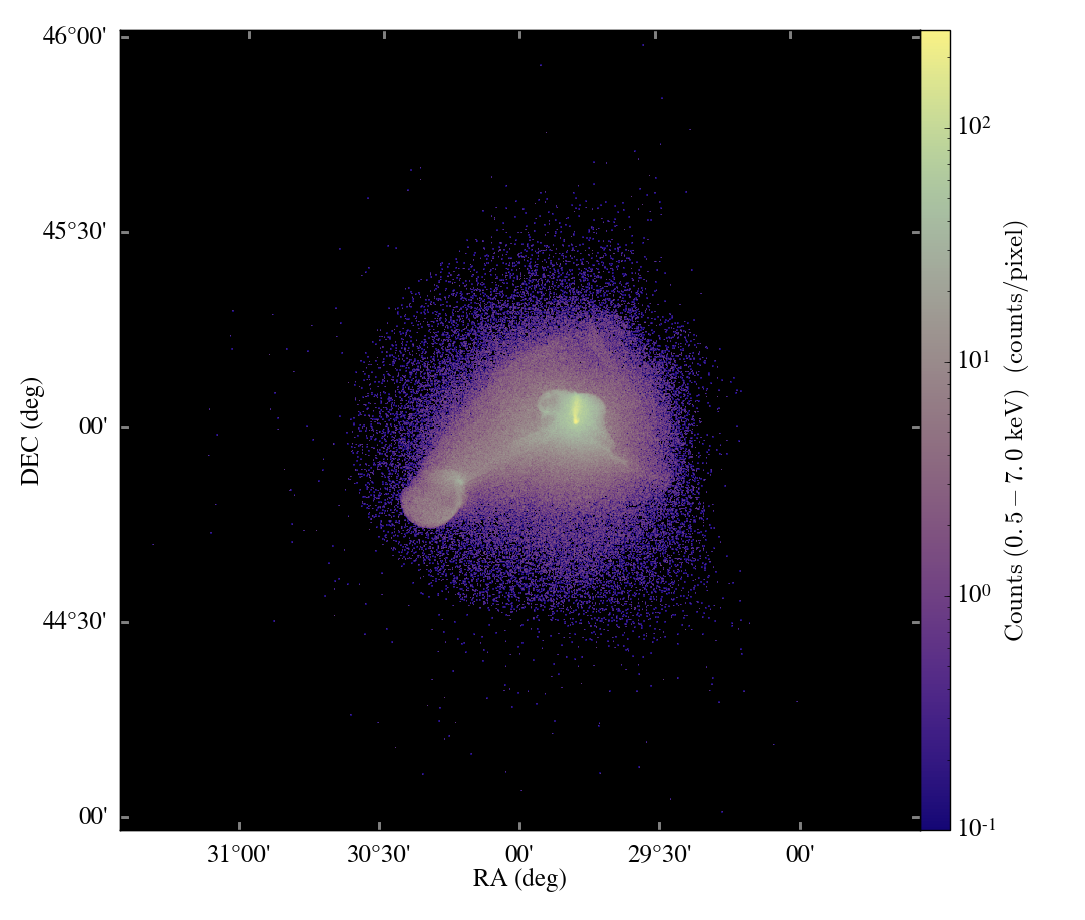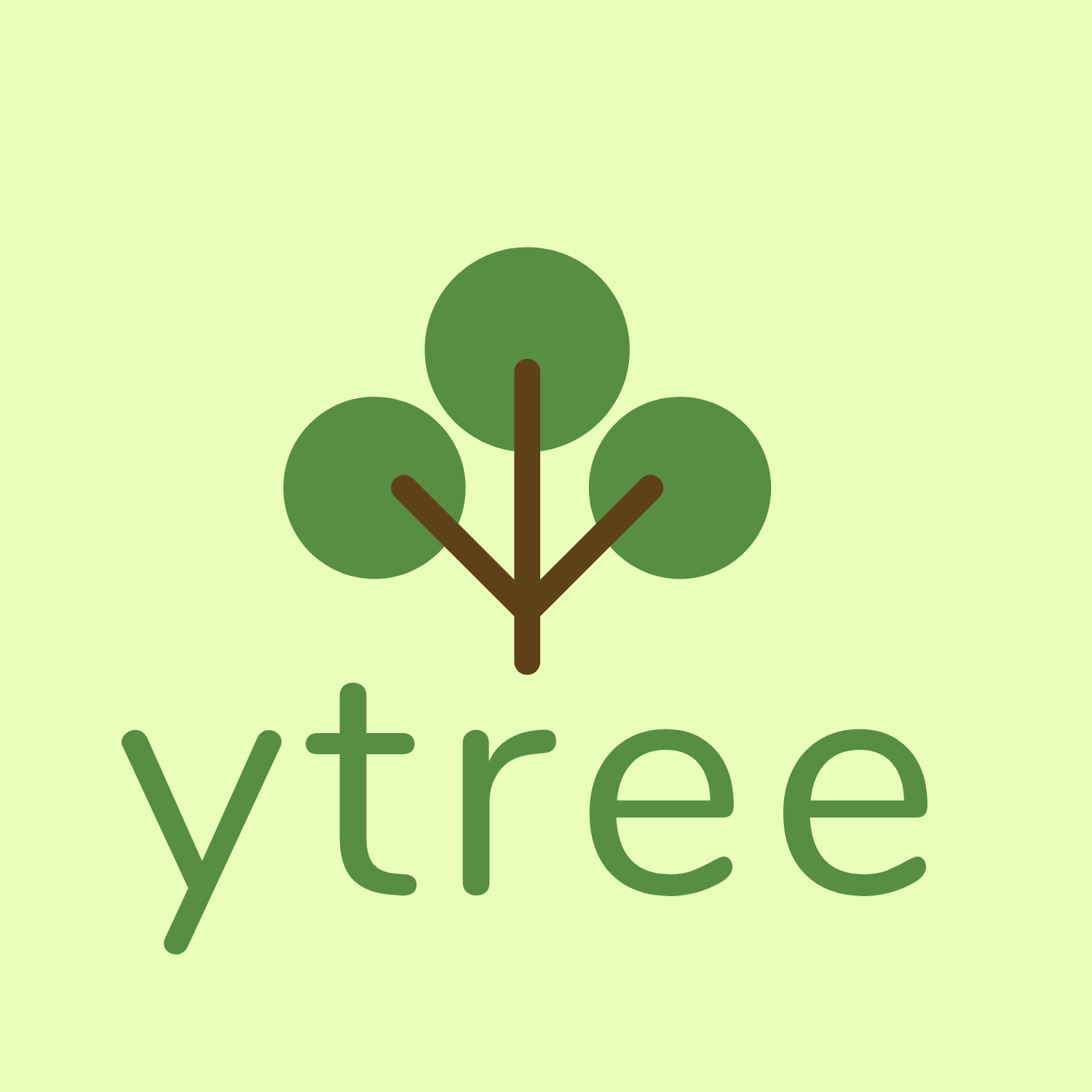Announcing the 2013 yt developer workshop!
yt-dev 2013
We are proud to officially announce the upcoming 2013 yt developer workshop. This three day event, to be held on the campus of the University of California, Santa Cruz on March 6th through 8th, will bring together a diverse group of students, researchers, and developers.
Up to this point, yt development has proceeded largely over the internet, leveraging e-mail lists, our online code repository, and IRC to track, discuss, and evaluate changes to the code. Unfortunately, this model makes it difficult to jump in to development as a newcomer. This workshop will not only allow experienced developers to collaborate in person on new features, but will also be a means for new developers to learn what yt is about and begin contributing. The workshop will include several training sessions, constituting a primer in distributed version control, test-driven development, and best practices for scientific programming.
The workshop will also serve as a venue to plan and execute some of the major new features we are planning for the upcoming yt 3.0 release, including full support for outputs of Lagrangian codes like Gadget, Gasoline and AREPO, better support for oct-based codes like ART and RAMSES, initial conditions generation, the new Grid Data Format, a new way of handling units and unit conversion, non-cartesian geometries, and advanced graphical browser widgets inside the iPython notebook.
More information and a registration form for the workshop are available on the workshop website. We have limited funding support for hotels and airfare. Funds will be preferentially distributed to students and the level of individual support will depend on demand.
If you have questions or concerns about the workshop, please feel free to contact the organizers at workshop2013@yt-project.org.
On behalf of the organizing committee,
Nathan Goldbaum





